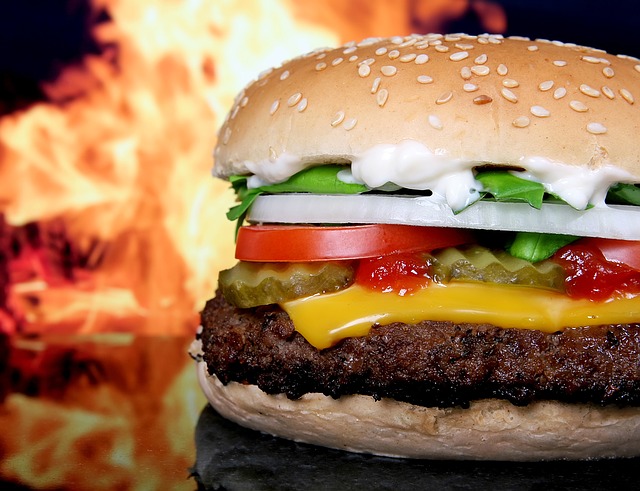 If you are trying to eat clean and healthy it’s important to pay attention to not just the chemicals and preservatives intentionally put in your food, but also to the ones found in the food packaging and manufacturing materials used to make it.
If you are trying to eat clean and healthy it’s important to pay attention to not just the chemicals and preservatives intentionally put in your food, but also to the ones found in the food packaging and manufacturing materials used to make it.
The problems with some processed foods is that they are made in factories where they come into contact with vinyl gloves worn by workers or can run through plastic factory tubing. This exposes the food to chemicals known as phthalates, which are used to make plastics more flexible and durable. These chemicals can also be found in soaps, cosmetics, flooring, window blinds and other products.
So what’s wrong with phthalates? The health consequences are not fully known, but research in rats have shown that they can disrupt the male reproductive system. The Environmental Protection Agency is concerned about phthalates because of how pervasive they are and the evidence of their toxicity. In other words, phthalates are everywhere, so people need to make extra effort to avoid them.
The Japanese government has banned the use of vinyl gloves in their food prep factories because of their concern about DEHP, one of the common forms of phthalates. The European Union has also limited the use of these chemicals in the production of food and children’s toys.
While the U.S. also limited the use of DEHP in the production of children’s toys in 2008, no such restrictions apply to food. This is likely because agencies like the American Chemistry Council says they’ve thoroughly studies phthalates and they don’t pose risk to human health at typical exposure. But there are other studies that contradict their findings.
One such study found alarming results. This recent study looks at how fast food companies expose consumers to chemicals like phthalates. They analyzed data from 9000 people from federal nutrition surveys. The data used urine samples along with a questionnaire. They discovered that people who ate fast food in the last 24 hours had elevated levels of industrial chemicals in their bodies. The top three chemicals found in their bodies were two forms of phthalates and BPA, a chemical used to line aluminum cans.
The study can’t conclusively say that fast food exposure is responsible for the elevated levels of chemicals in their body but the correlation is strong. So for people who are interested in reducing their exposure to environmental chemicals like phthalates, it’s not enough just to avoid junk foods. They should also be more conscious of how their prepared food is processed and handled.
According to Leo Trasande, associate professor of pediatrics, environmental medicine, and population health at NYU School of Medicine, people who are concerned about phthalates should avoid eating highly processed and highly packaged foods. Canned vegetables or organic milk that’s been piped through plastic tubing could carry the same chemical risks as unhealthy foods.
Canned foods should come in BPA-free containers and it’s always best to buy organic foods that are fresh and in their original form, like the kind your great grandparents used to eat. Shopping at a farmers market guarantees your food is minimally processed. Cooking from scratch is the best bet to avoid chemical exposure. And according to the researchers of the fast food study “it’s always best to try to eat lower on the food chain.”
And if you are concerned about your past exposure to chemicals phthalates, it’s always a good idea to do a cleanse to get the toxins out of your body. The 21 Day Body Makeover is a great cleanse to start with.

